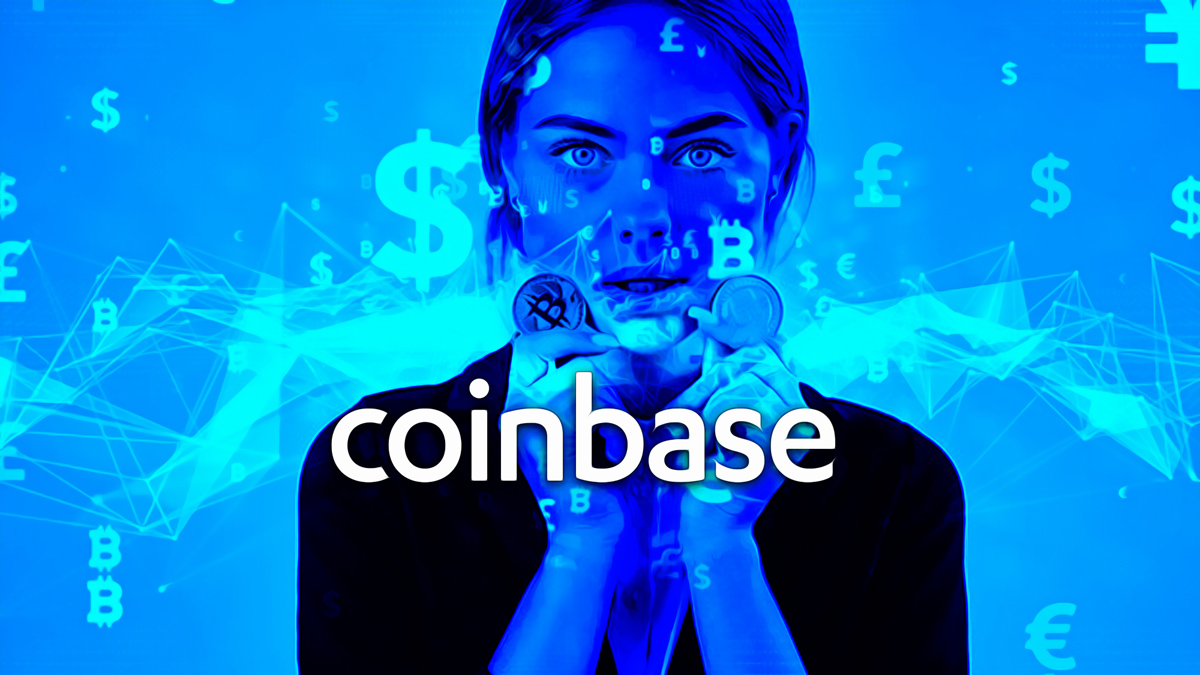During the last bull season, ICP Coin made one of the most impressive starts of that period, reaching four-digit prices. Later, it was revealed that the network was not as decentralized as believed, its capabilities were exaggerated, and many details emerged. This caused its price to plummet significantly. Centralization is currently an accusation that Solana is also facing. So, will its fate be the same?
Is Solana Centralized?
At the Korea Blockchain Week (KBW) 2024 event, Solana Foundation’s executive director Dan Albert did not respond to the centralization accusations. He stated that coordinating the patch on the network does not centralize the Solana network and that the network is not centralized. On August 9, Solana validator Laine shared a critical vulnerability for the Solana network. This vulnerability had the potential to halt the Solana network.
A patch to fix this vulnerability was distributed to validators in the background. If the patch developed against the vulnerability had been shared publicly at the initial stage, attackers could have tried to exploit it through reverse engineering, putting the Solana network at risk.
However, the fact that validators organized in the background and used this patch within a specific group coordinated by the Foundation raises another risk. This is the risk of network centralization.

For example, tomorrow, validators could again organize behind the scenes for a different update against the community and make changes to the network. Or if we consider possible future scenarios where this entire organized structure is malicious, it raises questions about the network’s long-term survival beyond centralization.
Response to Centralization Allegations
At the KBW 2024 event, Albert said that what they did does not mean centralization. According to him, if they had not organized and progressed the process in this way in the background, bigger problems could have arisen.
“Regarding your question about decentralization, I think it’s important not to confuse decentralization with the ability to coordinate. There are 1,500 block-producing nodes operated by almost as many individuals worldwide.”
Albert also acknowledged that some companies run multiple nodes, stating that these are active individuals in the ecosystem and that staying in contact with them is not a bad thing.
“The ability to voluntarily communicate with them or some of them should not be confused with centralization.”
Returning to the initial ICP incident, the problem there was related to all the authority over the network being in the hands of the administrators, beyond the coordination capabilities of the Solana Foundation.

 Türkçe
Türkçe Español
Español










